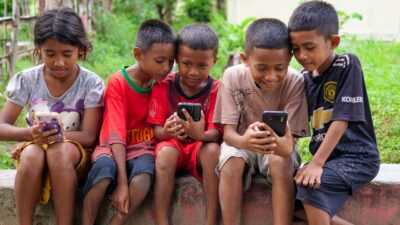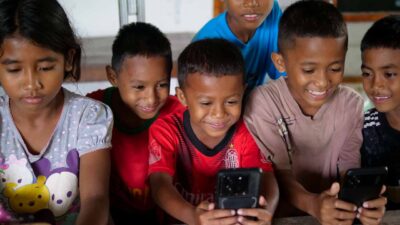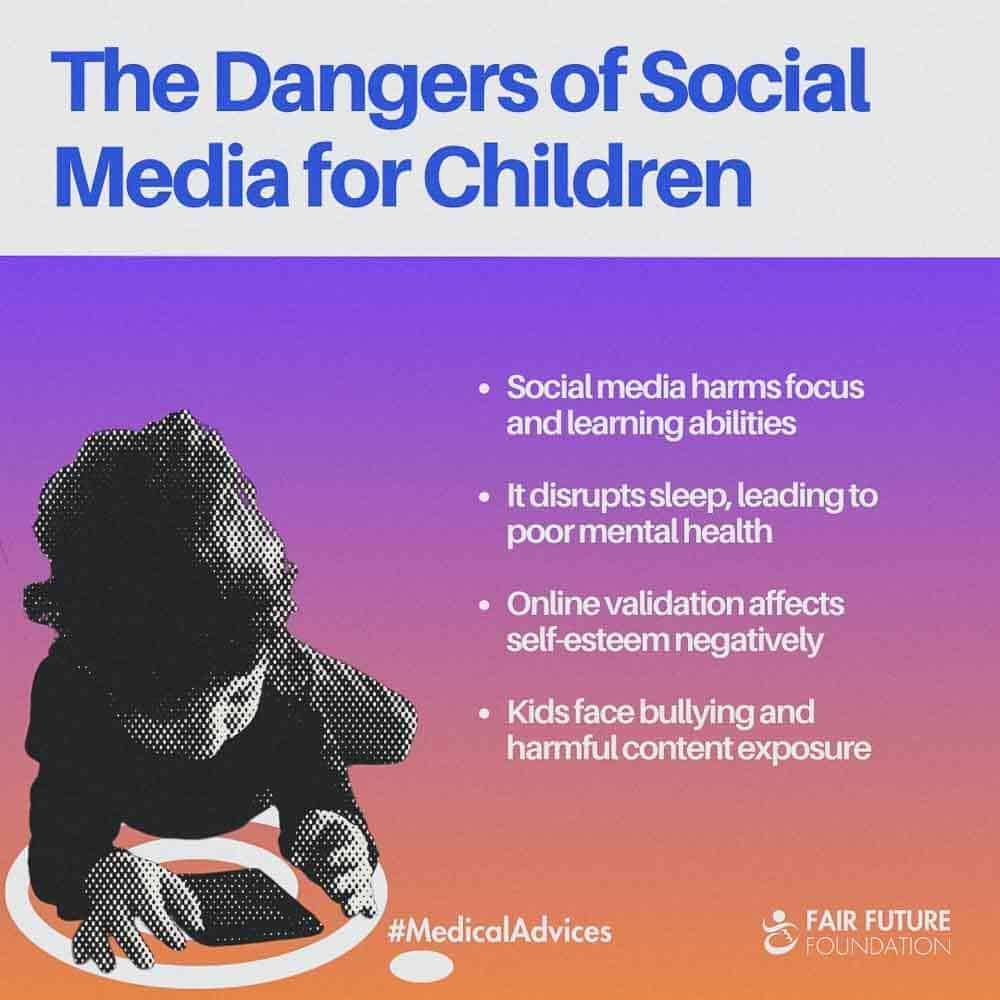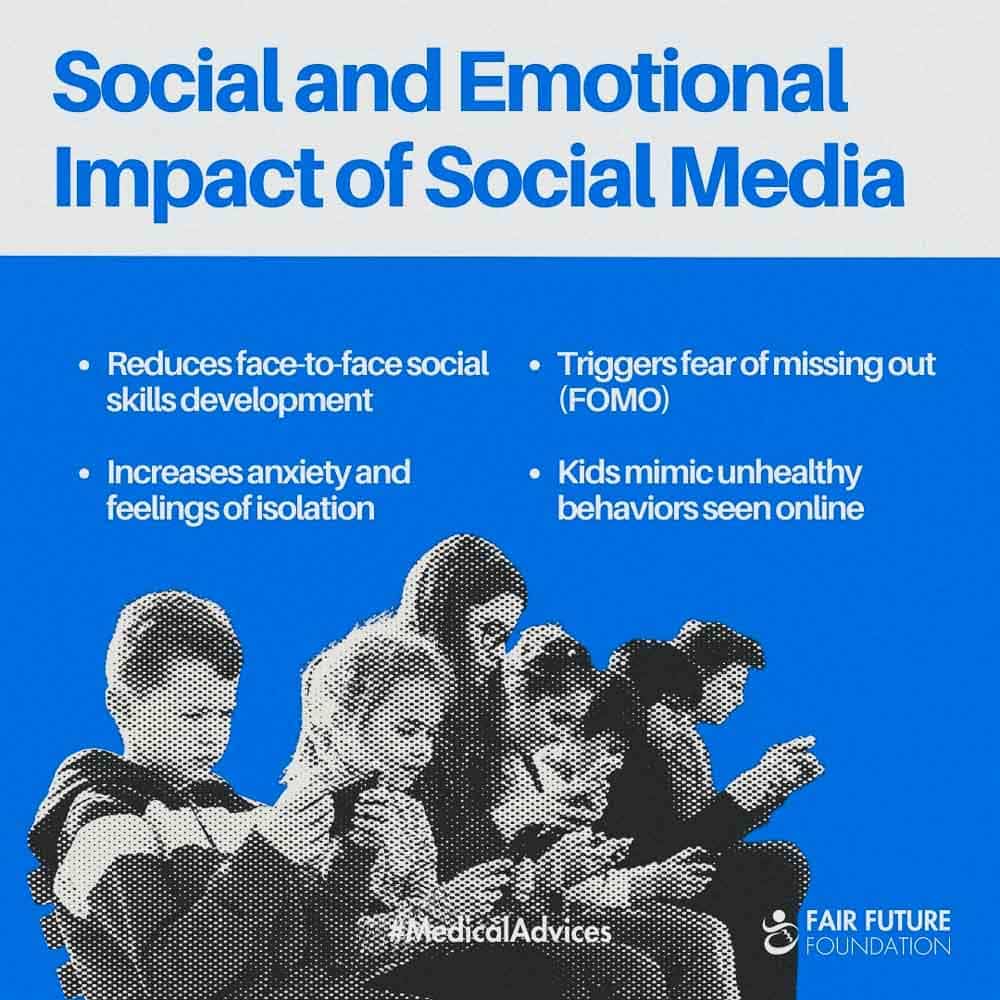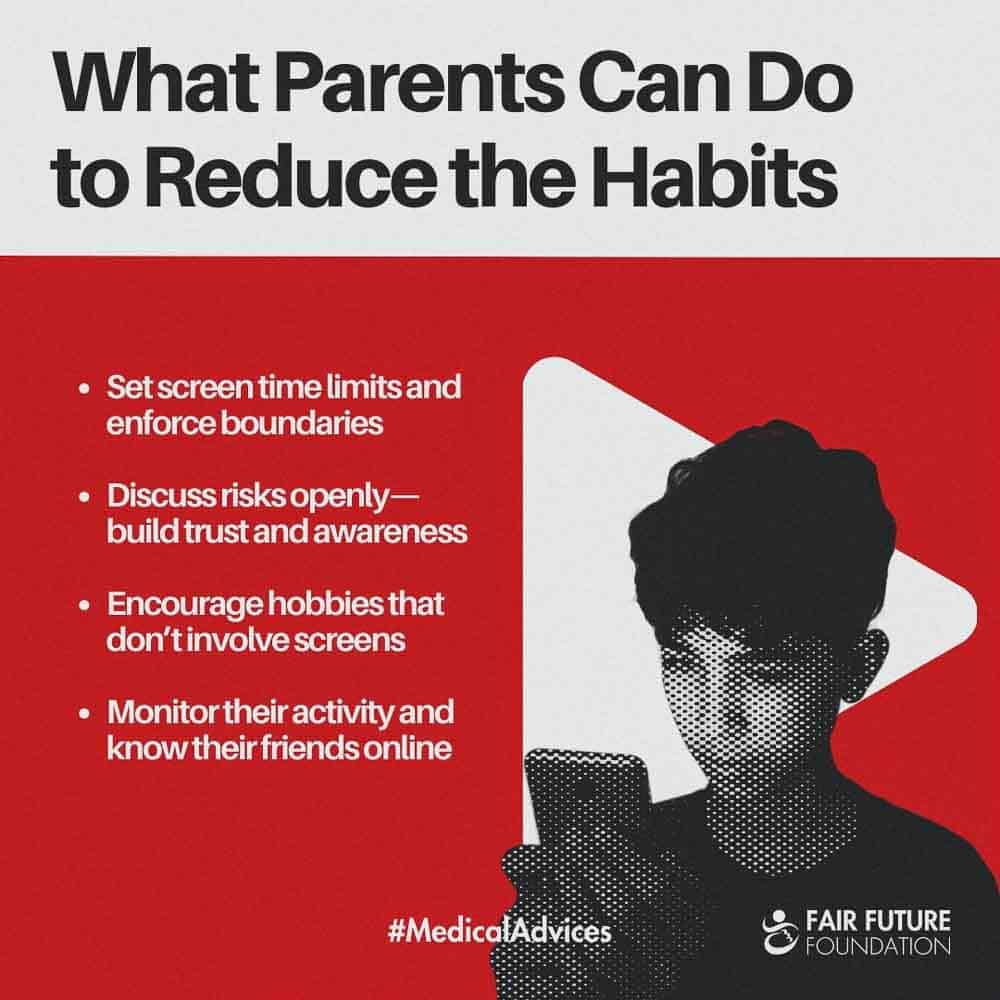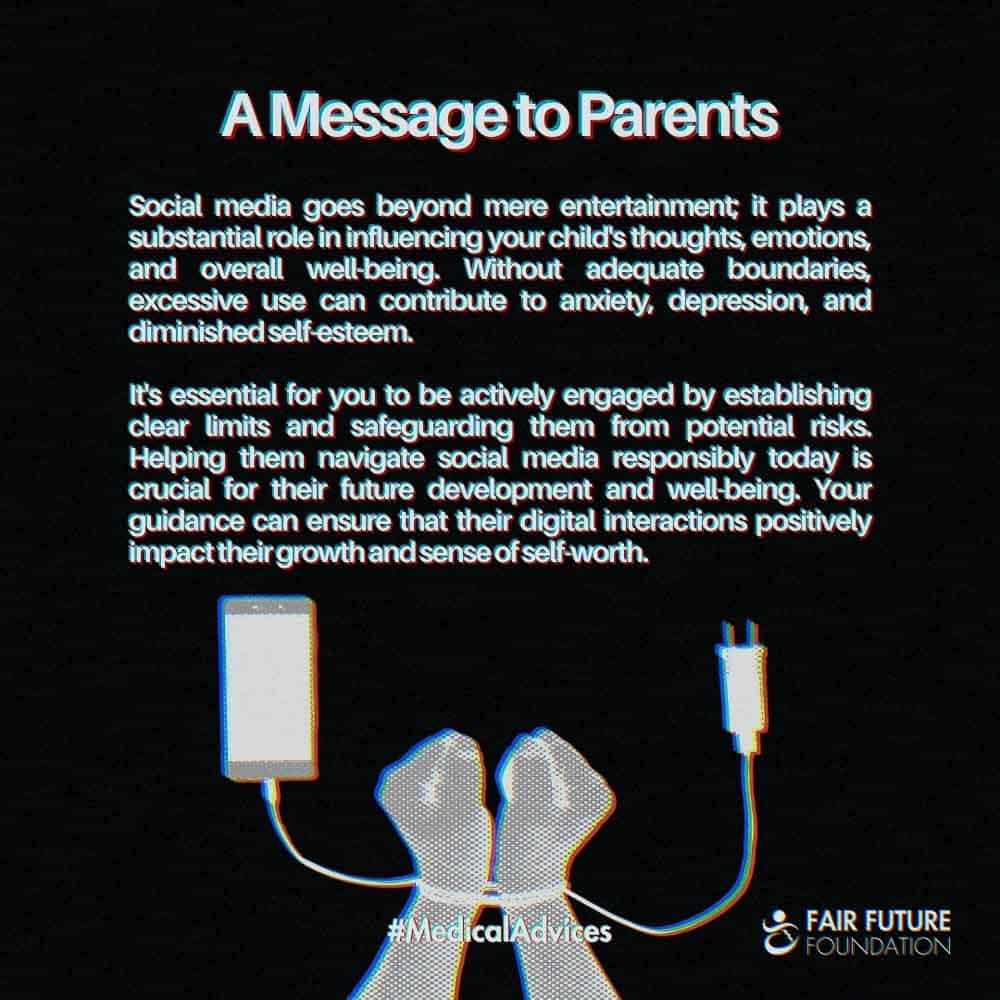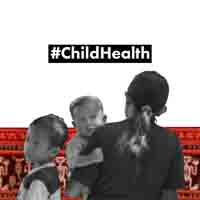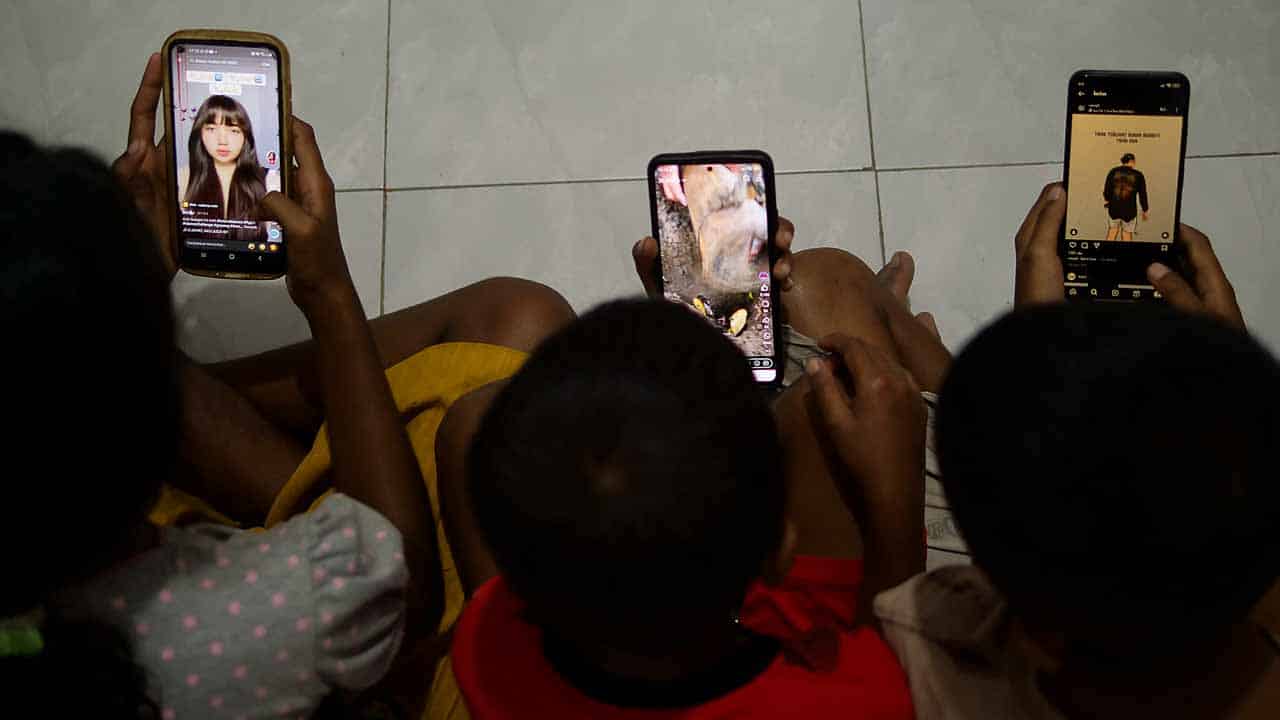The Real Impact of Social Media on Children’s Mental Health, Self-Esteem, and Emotional Development
Understanding the Psychological, Social, and Emotional Risks of Social Media for Kids
The Dangers of Social Media for Children
In today’s hyperconnected world, social media plays a dominant role in shaping how children learn, communicate, and perceive the world around them. While these platforms offer benefits such as staying connected with friends and accessing educational resources, they also pose significant risks that can harm children’s mental health, social skills, and emotional well-being.
The Psychological and Cognitive Toll
Excessive use of social media has been linked to diminished focus and learning capabilities. Constant notifications, the pull of endless scrolling, and the addictive design of many platforms disrupt children’s ability to concentrate in school and at home. Moreover, these distractions often come at the expense of healthy sleep patterns. Sleep deprivation, in turn, negatively impacts mental health, leading to increased irritability, anxiety, and difficulty coping with everyday challenges.
The quest for online validation—likes, shares, and comments—further complicates the issue. Social media fosters a comparison culture, where curated images and idealized portrayals of life can erode self-esteem and leave children feeling inadequate. This constant need for external affirmation can lead to feelings of loneliness, dissatisfaction, and even depression.
Social and Emotional Consequences
Beyond individual mental health, social media use influences how children interact with others. Face-to-face communication skills, critical for building meaningful relationships, are often underdeveloped in children who rely heavily on digital interactions. This creates a paradox where children feel more connected online yet experience heightened anxiety and isolation offline.
Fear of Missing Out (FOMO), a phenomenon exacerbated by the constant exposure to others’ highlight reels, further deepens feelings of exclusion and inadequacy. Additionally, the internet often exposes children to harmful behaviors—such as unrealistic beauty standards, risky challenges, or aggressive tendencies—that they may imitate, amplifying the long-term consequences on their emotional development.
The Role of Parents
Parents hold the key to mitigating these risks. Establishing clear boundaries around screen time is one of the most effective strategies. This includes setting daily limits, defining technology-free zones or times, and encouraging offline activities such as sports, art, or family time to balance digital engagement.
Open communication is equally essential. Talking openly about the risks of social media, including cyberbullying and misinformation, fosters trust and awareness. It also provides a safe space for children to share their experiences without fear of judgment. Additionally, monitoring children’s online activity and knowing who they interact with can help parents identify and address potential issues early.
A Call to Action for Parents
Social media is not merely a tool for entertainment; it wields significant influence over children’s thoughts, emotions, and overall well-being. Without proper guidance, its unchecked use can exacerbate anxiety, depression, and reduced self-worth. As parents, your involvement is critical to ensuring a healthier digital experience for your child.
By setting clear expectations, fostering offline interests, and maintaining open lines of communication, you can help your child navigate the challenges of the digital world responsibly. Your proactive efforts today will lay the foundation for a generation that uses social media as a tool for growth rather than a source of harm.
Together, we can ensure that children thrive in both the digital and real worlds, equipped with the resilience and confidence to succeed.
Today, January the 15th, 2025 – Alex Wettstein
Important communication
Mark Zuckerberg’s (Meta) rhetoric in favor of reduced moderation, stopping fact-checking, and promoting “male energy” ignores the importance of protecting vulnerable users, especially children. We strongly oppose this position as an organization dedicated to mental health and equity. Social media platforms must prioritize safety, diversity, and ethical responsibility over profit motives. Read this Quick News Here
About this topic on our Instagram page
List of Related Organizations with Hyperlinks
- Common Sense Media: Provides trusted resources and advice on digital well-being for families.
- Child Mind Institute: Offers support and guidance on mental health challenges faced by children.
- StopBullying.gov: A government initiative to combat cyberbullying and educate parents.
- Center for Humane Technology: Advocates for technology design that prioritizes mental health and well-being.
- Family Online Safety Institute: Promotes tools and strategies for creating safer online spaces for families.




